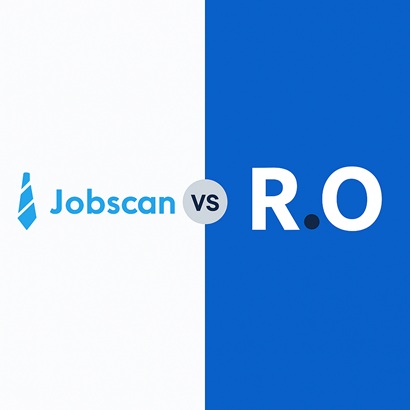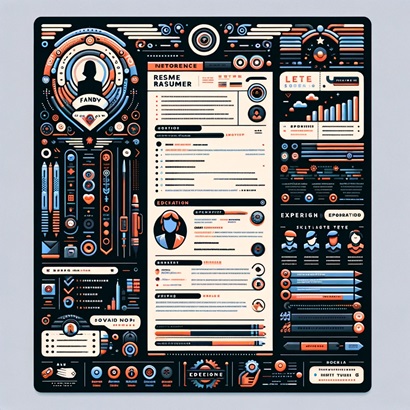Why LinkedIn PDF Profiles Aren't Your Best Resume Choice
Resume Optimizer Pro Editorial Team
Updated March 20, 2024

Amidst the era of digital job hunting, LinkedIn has risen as the preferred platform for professionals to present their skills and experiences. Many candidates have turned to LinkedIn's PDF profile feature as a convenient way to present their qualifications to potential employers. However, this seemingly straightforward solution may not be as effective as it appears. In fact, relying on LinkedIn PDF profiles as your primary resume can be a costly mistake, as it poses compatibility issues with most Applicant Tracking Systems (ATSs). To ensure your job application doesn't slip through the cracks, it's time to consider creating your own resume, preferably in MS Word format.
The LinkedIn PDF Profile Appeal
LinkedIn has become an indispensable tool for networking, job seeking, and professional development. One of its standout features is the ability to generate a PDF version of your LinkedIn profile, which appears to be an attractive option for candidates. It offers the convenience of transforming your professional summary, experience, and skills into a neatly formatted document with just a few clicks.
However, the convenience of LinkedIn PDF profiles can be deceptive when it comes to job applications. Here's why:
ATS Compatibility: The Achilles' Heel of LinkedIn PDFs
ATSs, or Applicant Tracking Systems, are used by employers to streamline the recruitment process. These systems are designed to scan, sort, and manage the overwhelming number of resumes they receive. They rely on specific algorithms to extract and assess key information from resumes, making it easier for recruiters to identify potential candidates.
The trouble arises when you submit a LinkedIn PDF profile through an ATS. LinkedIn's primary mission is to safeguard user data and privacy, which is why they intentionally make it challenging for ATSs to access their PDFs effectively. As a result, the data within your LinkedIn PDF is often not captured correctly by ATS systems. This can lead to your application being prematurely discarded or, worse, never reaching human eyes.
The Importance of Creating Your Own Resume
To maximize your chances of making it through the ATS screening process, it's advisable to create your own resume in a format that is ATS-friendly. MS Word format (DOC or DOCX) is one of the most widely accepted formats by ATS systems. Here's why this approach is a game-changer:
- ATS Compatibility: Creating a resume in MS Word ensures that your document can be parsed and analyzed by ATSs effectively. This means that your qualifications, skills, and experience are more likely to be accurately captured, increasing your chances of being considered for the job.
- Customization: With your own resume, you have complete control over the content, layout, and design. This allows you to tailor your resume to specific job postings, highlighting the skills and qualifications that match the position's requirements.
- Professional Presentation: A well-crafted resume in MS Word format not only increases ATS compatibility but also presents you as a professional who takes their job application seriously. It reflects your attention to detail and commitment to the application process.
Use Resume Optimizer Pro to Transform Your LinkedIn Profile
The good news is that you don't have to manually create a resume from scratch. With Resume Optimizer Pro you can convert your LinkedIn PDF profile in seconds. Simply drag-and-drop your LinkedIn profile into our dashboard and our service will transform it into and ATS-friendly resume in seconds. In doing so, you'll increase your chances of getting your foot in the door and landing that dream job. Remember, your resume is your first impression – make it count.


